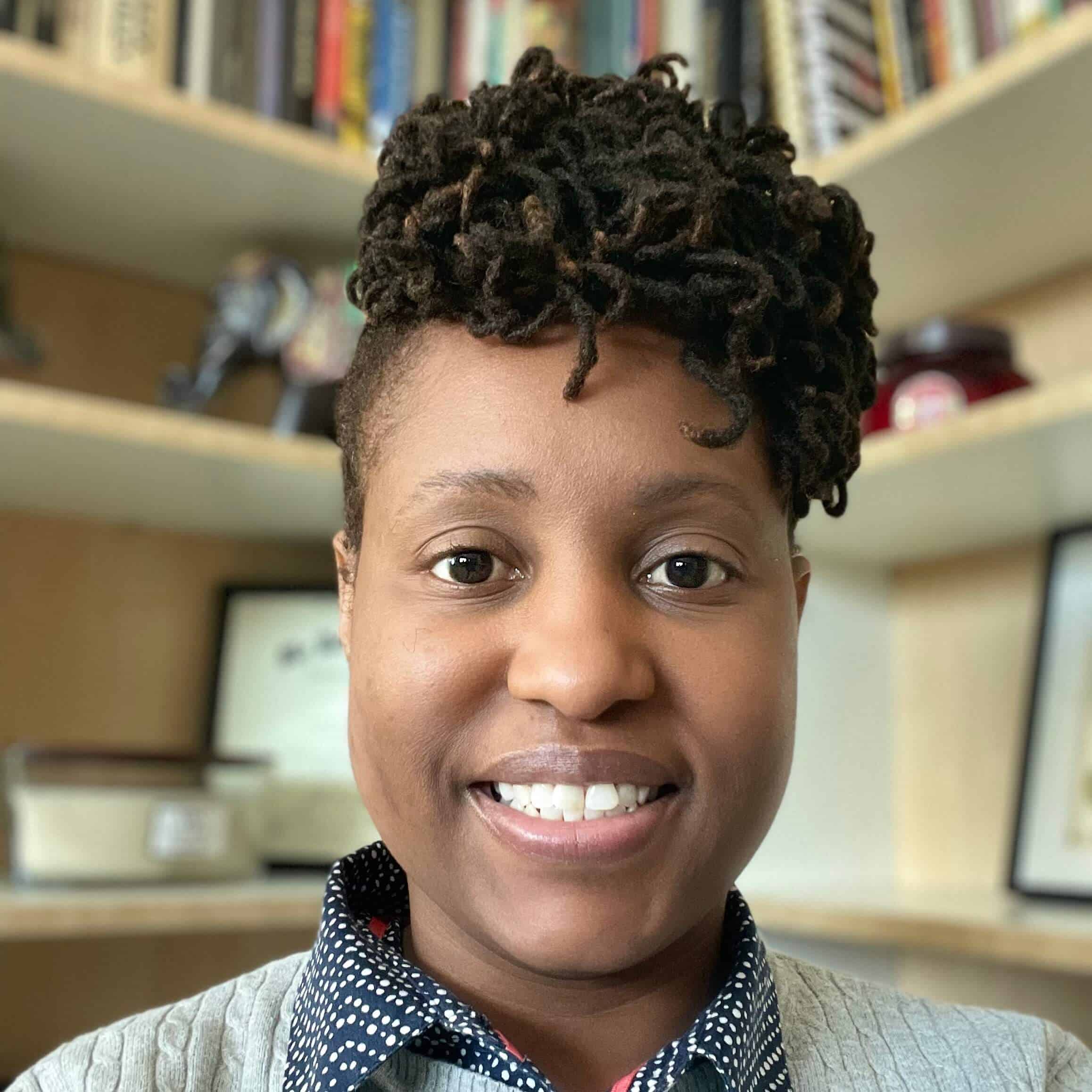Culturally Responsive Trauma Informed Supervision
CEUs: 2 Supervision BACB®
Presenter(s): Natalie Williams Awodeha, PhD, BCBA, LBA, CRC
$25.00
Recent data from the Centers for Disease Control and Prevention (CDC) show that 11.2% of adults aged 18 and over report regular feelings of worry, nervousness, or anxiety (Clark et al. 2019). Considering the high rates of turnover and burnout in our field, there is a need for additional research that goes beyond the surface, exploring the ways in which work environments may serve as a source of trauma for staff in ABA settings. Mental disorders are often diagnosed in young adulthood, and research states the adolescent brain, specifically the prefrontal cortex, is not fully developed until as late as 25 years old (Arain, 2013). Although age is not a demographic reported by the BACB, anecdotal reports suggest many RBTs, BCaBAs, and practicum students fall within this late adolescent stage, as entry-level and early career professionals. It is incumbent upon supervisors to understand the role of trauma and the impact of Adverse Child Experiences (ACEs) on mental and physical health, considering the high rates of mental health concerns among adult populations. In this presentation, attendees will explore resources, including Mental Health First Aid certification, to help supervisors identify and intervene with supervisees, while staying within their scope of competence. Attendees will identify ways to mitigate potential triggers in the workplace to create psychologically safe environments for supervisees. Attendees will also discuss the impact of culturally responsive trauma-informed supervision on client outcomes in ABA settings. Presenters will share relevant research, in addition to personal narratives from ABA supervisors and supervisees.
Learning Objectives:
- Attendees will review the latest research on the impact of Adverse Child Experiences (ACEs) on and physical health, and will discuss the implications in ABA settings.
- Attendees will explore resources, including Mental Health First Aid certification, to help supervisors identify and intervene with supervisees, while staying within their scope of competence.
- Attendees will identify ways to mitigate potential triggers in the workplace to create psychologically safe environments for supervisees.
- Attendees will discuss the impact of culturally responsive trauma-informed supervision on client outcomes in ABA settings.
If you purchase this course you will earn 25 Points worth $2.50!
Additional information
| CEU Type | Supervision |
|---|---|
| CEU Amount | 2 |
| Subject | Supervision |
| Price | Paid, Included with Trail Blazers |
| Product Type | Single On-Demand |
| Course Presenter | Natalie Williams Awodeha, PhD, BCBA, LBA, CRC |
